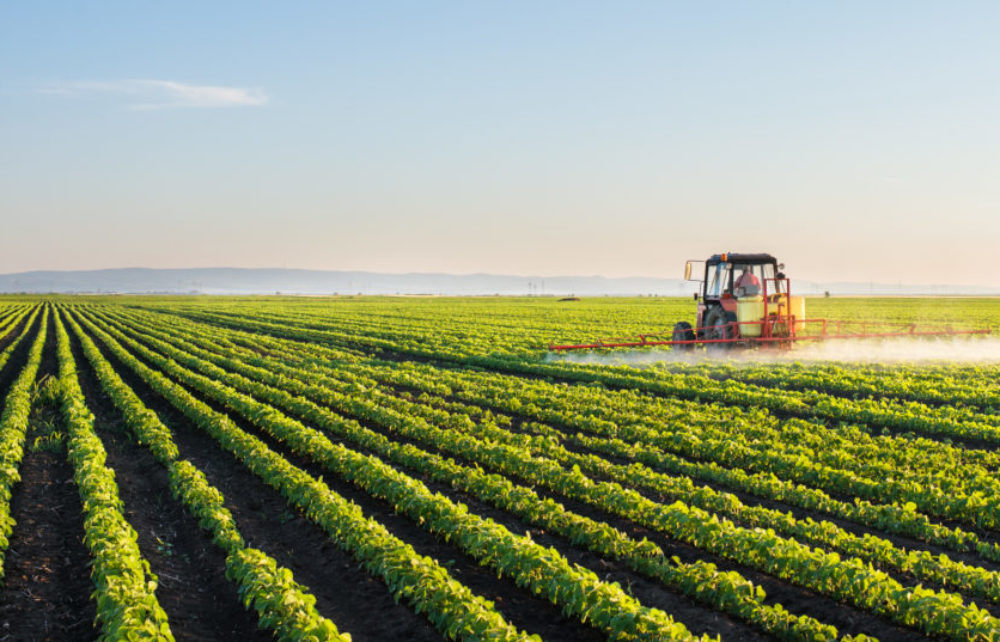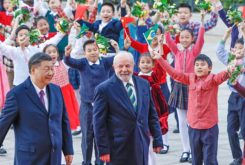The Brazilian government is negotiating China’s participation in financing a USD 100 billion agricultural plan that could change the country’s rural landscape and increase productivity, without the need for any deforestation.
Despite the cancellation of President Luiz Inacio Lula da Silva’s trip to China because of pneumonia, experts from the Brazilian Ministry of Agriculture continued meetings and visits to Chinese entities and bodies last week, journalist Jamil Chade wrote in information portal UOL.
The trip aimed to reposition Beijing in the national economy, with the signing of more than 20 agreements. All of them will be postponed until confirmation of a new date for Lula’s visit.
Brazilian President travelling to China with record delegation of 240 businessmen
Brazil is already the main supplier of food to China, and the Asian country is the main destination for Brazilian agribusiness exports. Now, the Brazilian government wants the Chinese to also participate in the conversion of degraded pastures into cultivable areas, including to increase productivity and ensure supply, Chade added.
According to calculations by the Ministry of Agriculture, it will cost USD 3.000 per hectare to carry out the conversion from pasture to cultivation. In the Brazilian case, there are at least 40 million hectares that could be transformed, which implies that such a project would require more than USD 100 billion.
One of the paths sought by Brazil is the participation of COFCO, the largest food and agriculture company in China. In 2021 alone, the state-owned company handled 130 million tons of commodities, moving USD 42 billion. In recent years, the company has expanded around the world, precisely in search of supply for rapid Chinese consumption growth.
Brazil’s record soybean crop allows boost of exports to China
The proposal of the Lula government, now, is that the Chinese finance the conversion of land in Brazil and that, over the years, the producers themselves pay for these credits in the form of soy, corn or any other product.
A second option would be help from the Chinese to finance the BNDES, the Brazilian development bank, which would facilitate credit to producers who opt for the change.
Government sources indicated that COFCO had signaled interest and would designate a person in Brazil to initiate talks. The government even commissioned a study from Embrapa to assess the actual size of the pasture land that could still be converted.
The Brazilian minister of Agriculture, Carlos Fávaro, explained to Chinese interlocutors that the Brazilian government will encourage the conversion of 40 million degraded pastures into cultivable areas, which would practically double the area for agricultural production without deforestation and with sustainability.
One of the messages was delivered at an event held by the Brazil-China Business Council (CEBC) in partnership with the Institute of Finance and Sustainability (IFS), the Climate Bonds Initiative (CBI) and the Global Environment Institute (GEI).
“This is a program that will be encouraged by the government with attractive lines of credit, so that the producer, instead of thinking about new deforestation, raise funds to convert pastures, using limestone, fertilizers and organic matter”, said the minister to representatives of Chinese financial institutions and investment funds.
Brazil wants review of beef exports health protocol with China
During the event, Special Adviser to the Minister of Agriculture, Carlos Augustin, asked the Chinese to provide long-term funding for pasture conversion in Brazil. In his assessment, this would be of interest to the Chinese themselves, as it would also contribute to increasing food security in the country that needs to feed 1.4 billion people.
“We can double agricultural production,” stated Fávaro at an event in Beijing.




